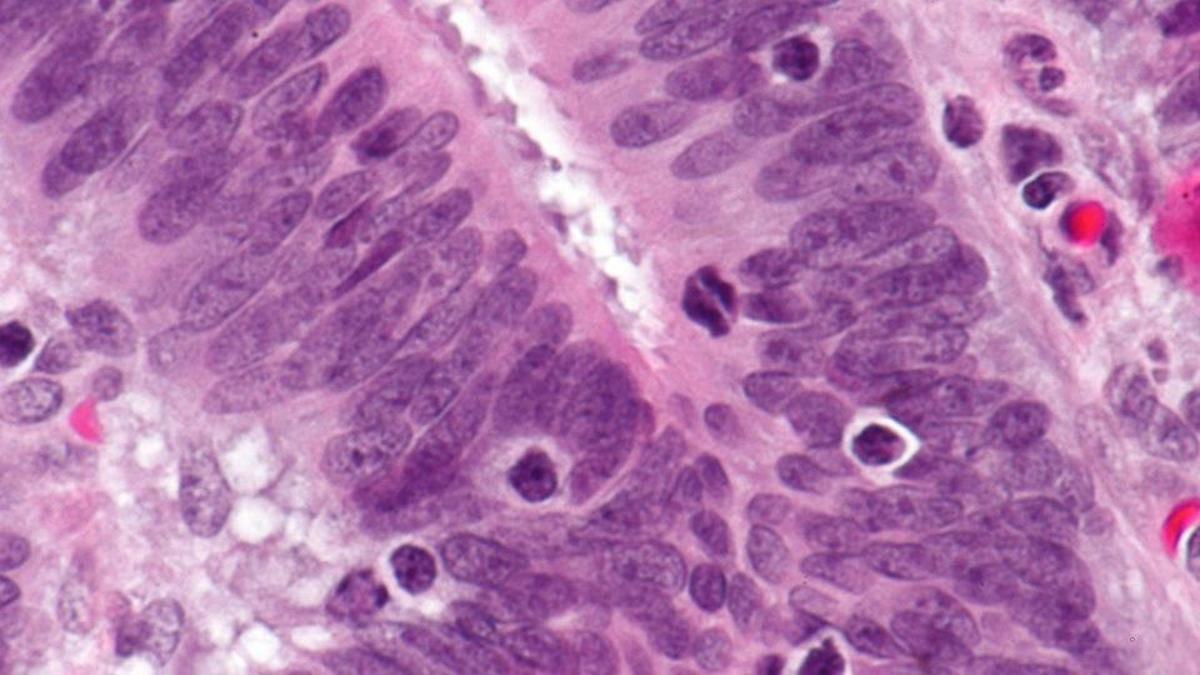Roche cancer blockbusters face competition in US and EU

Amgen's biosimilar version of Roche’s top selling cancer drug, Avastin has been approved in the US, making it the first ever cancer biosimilar approved by the FDA.
Meanwhile, a Herceptin biosimilar is one step away in Europe, putting pressure on Roche's industry-leading oncology franchise.
Samsung Bioepis’ biosimilar of Roche's blockbuster breast cancer drug Herceptin (trastuzumab) biosimilar has just gained a green light from Europe's CHMP scientific committee.
This means final EU marketing authorisation is just weeks away, paving the way for a launch at the end of the year, or early 2018, by marketing partner MSD.
The FDA has separately approved Amgen’s biosimilar of another Roche cancer blockbuster, Avastin (bevacizumab). The drug will be known under the brand name Mvasi, however its launch isn't likely until at least July 2019 when the main US patent expires.
Put together, Roche stands to lose around $5 billion per year in revenues, if the biosimilars take most of the originator drug sales in both markets.
Avastin and Herceptin both drum up annual sales of around $7 billion – in Europe Avastin’s sales were around $2 billion in 2016, while US sales of Avastin were around $3 billion.
Samsung Bioepis has managed to get its Herceptin biosimilar through the regulatory process faster than rivals Mylan and Biocon – their version has been severely delayed in the US and EU because of manufacturing issues at Biocon’s manufacturing plant in India.
Amgen plays down superiority
Amgen and Allergan have also filed their Herceptin biosimilar in the US and EU this year – and clinical trial results presented at ESMO last week suggest the drug could actually be slightly more effective than the originator, based on a measure of pathologic complete response.
Dr Richard Markus, global development and head of biosimilars at Amgen, said the results were statistically but not clinically significant.
He told pharmaphorum: “The clinically meaningful differences refer overall to efficacy, safety, and immunogenicity evaluations; the equivalence margins were statistical criterion to compare efficacy.”
“Thus, even though we are slightly above the upper bound margin…we believe that there are no clinically meaningful differences between ABP 980 and trastuzumab, although ultimately a regulatory decision.”
Aiming to prove superiority over an originator product is clearly a bridge too far for the firm: resistance from doctors to biosimilars is still a major factor, and convincing them of direct equivalence is seen as the best tactic.
And in Europe the CHMP scientific committee also backed another version of AbbVie’s mega-blockbuster Humira (adalimumab) inflammatory diseases drug, which goes off patent in October next year.
With an EU licence now almost certain following the regulators’ decision, Boehringer Ingelheim and its Cytelzo is set to do battle with Samsung Bioepis and Amgen, who have already got their Humira biosimilars through the EU regulatory system.












